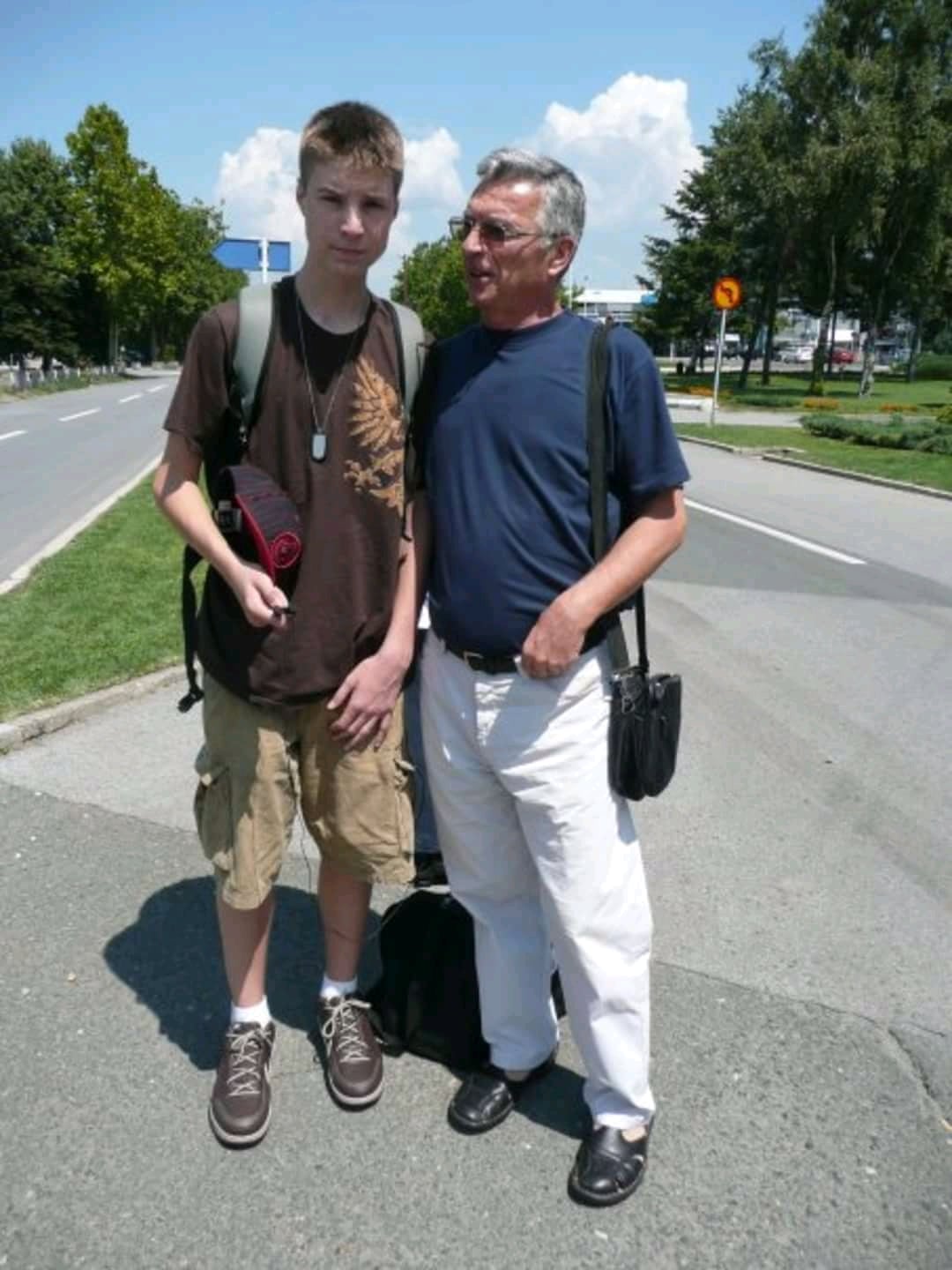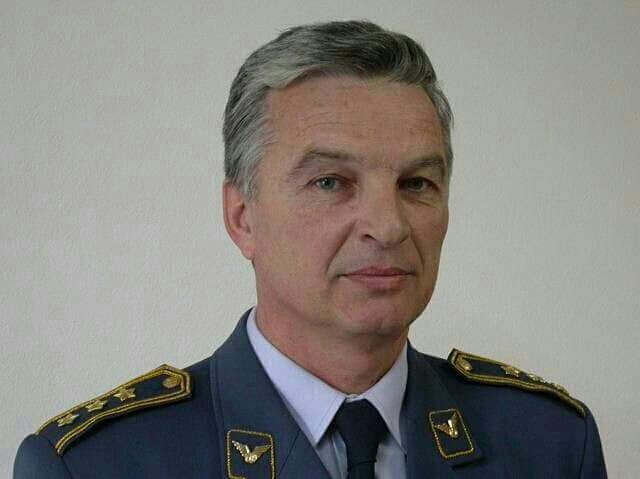Spc. Nemanja “Yani” Janicijevic, 25, an immigrant soldier who died last week while waiting 11 months for the military to clear him for duty, had been naturalized months before and was a U.S. citizen, U.S. Citizenship and Immigration Services told Military Times Friday.
The news of Janicijevic’s U.S. citizenship raised even more questions around a puzzling and tragic end for a U.S. soldier who spent 336 days in limbo at Fort Lee, Virginia, starting after his May 2017 graduation from advanced individual training and continuing until the day of his death.
There were no answers yet as to what bureaucratic failure kept Janicijevic from moving on to his duty station in Germany.
Janicijevic died April 12 during a PT session on the athletic track at Fort Lee.
The Army’s Combined Arms Support Command has launched a 15-6 investigation into the cause of his death, a base spokesman confirmed Friday.
Janicijevic, who was born in Belgrade, Serbia, and came to the U.S. as a teenager, joined the military under the Military Accessions Vital to National Interest, or MAVNI, program. The program allows non-U.S. citizens with critical foreign language or medical skills to enlist and earn U.S. citizenship.
MAVNI was suspended in 2016, and no new applicants were accepted.
That left Janicijevic in limbo as a “holdover.”
In October 2017, Defense Secretary Jim Mattis announced the program would add more security checks that an applicant would have to go through before they could pursue citizenship.
By that point, however, Janicijevic was already a U.S. citizen. U.S. Citizenship and Immigration Services confirmed he was naturalized in March 2017.

For unknown reasons, Janicijevic was still evaluated under the MAVNI program, which meant that while his fellow soldiers graduated from AIT and went on to report to their duty stations in South Korea, Kuwait and all over the world, Janicijevic was left behind.
Because of the new security guidelines, Janicijevic was not allowed to depart to do the job he’d been trained to do, which was to serve as a diagnostic equipment support specialist with the 832nd Ordnance Battalion, 59th Ordnance Brigade.
Instead he waited for the military to finish checking his background under enhanced vetting procedures for foreign recruits.
There was no clear explanation by the Pentagon or the Army on Friday as to why Janicijevic was left at Fort Lee, and no answers yet as to whether officials within the Office of the Secretary of Defense had even started to process the additional screening requirements for Janicijevic — or why they would have even had to do that since he was already a U.S. citizen.
‘Why do I alone wait?’
In the months before his death, Janicijevic confided to his father that he was struggling. He didn’t understand why the military was not allowing him to leave Fort Lee.
“It was not good for his psyche,” said his father, Slobodan Janicijevic, who had retired as a colonel in the Serbian Air Force and was proud of his son’s military path.
Slobodan Janicijevic said Yani told him he went to his commander and asked, “Why I wait? Why do I alone wait?”
The father advised his son not to make a further fuss about it: Don’t jeopardize your military future.
“I said, ‘Oh, my son, be quiet, you will. My boy, you will get the papers. You will go to Germany,’” Slobodan Janicijevic said in broken sobs over the phone.

Janicijevic came to the U.S. as a 13-year-old to pursue basketball at several Maryland private high schools, said his U.S. guardians, Joseph and Kathleen Jacob.
The couple had sponsored or hosted many other foreign students in their Manchester, Maryland, home over the last 20 years, but none as young as “Yani,” as he was known to his friends.
Janicijevic moved in with the Jacob family during his freshman year of high school and became family to them. He “was just fascinated with America,” Joseph Jacob said.
The Jacobs remained Janicijevic’s primary caretakers as he graduated from high school, tried some college, and then decided to join the U.S. military.
Kathleen Jacob was a baker, so they would send Janicijevic and his fellow soldiers banana breads and lemon cakes. They last saw him on Easter, when they drove to visit him at Fort Lee.
The wait “was really rough for him,” Joseph Jacob said. “He finally got to the point where he just kind of accepted it. But he was crushed. He kind of felt like he was being punished because he was Serbian. He said he would be taunted that he was Russian.”
A few months before his death, Janicijevic obtained his first U.S. passport, which was one of his proudest possessions, both his father and the Jacobs said.
More questions
On Friday, there was a memorial service at Fort Lee for Janicijevic. The Jacobs were there, as was one of Janicijevic’s sisters.
Slobodan Janicijevic said once the military completes its investigation into the cause of death and releases the body, the family will bury him in Serbia.
That journey, however, has raised additional questions.
Slobodan Janicijevic said official notification was only provided to Janicijevic’s biological mother in Serbia; she and Slobodan are divorced.
Slobodan Janicijevic, who does not speak perfect English and may have misunderstood, has also said the U.S. Embassy in Belgrade has informed him they will have to front the costs for their son’s transfer and burial, and then the embassy will reimburse the family.
On Friday the State Department said due to privacy concerns they may not be able to comment on the specifics of Janicijevic’s arrangement, then referred the matter to the Defense Department.
This week, Slobodan Janicijevic purchased a plot in a Belgrade cemetery.
“When my boy comes home we will have his burial,” he said, sobbing.
Tara Copp is a Pentagon correspondent for the Associated Press. She was previously Pentagon bureau chief for Sightline Media Group.




